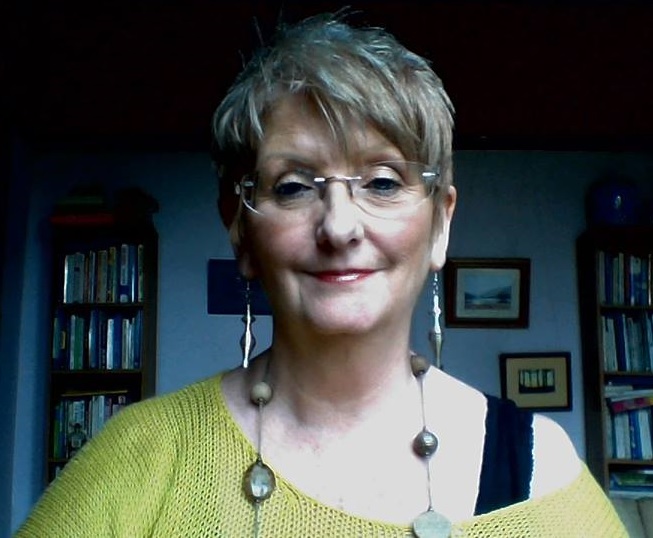It’s not an exaggeration to say that the Polyvagal Theory has revolutionised the way that we see the body in relation to therapy, particularly in trauma. At its basis, it explains how the nervous system responds to detecting safety or threat in the environment, including the internal environment of the body. Knowing this gives us a more complete way of understanding our reactions, behaviours, emotional responses, and how we relate to each other as social animals.
The theory has been applied in many different areas of therapy and medicine: ranging from how we understand grief and loss to looking at therapeutic presence and effective therapeutic relationships. From applying it in new-born intensive care units to explaining some of the ancient contemplative practices like yoga and chanting.
In this interview, Maggi McAllister-MacGregor discussed some of these applications in relation to therapeutic work and how working in this way can produce more effective results with clients. She also talked about some of the workshops that she is developing with Online Events to bring some of these exciting new developments to your practice.
Course Content
Presenter

Maggi McAllister-MacGregor is a highly experienced counsellor, supervisor, and trainer in private practice, with over 25 years of working in the field. With a strong foundation in neuroscience and biology dating back to her first degree in the 1970s, Maggi has developed a particular passion for Polyvagal Theory and its role in understanding how we navigate life’s experiences.
Her expertise in bereavement work is rooted in years of hands-on work in hospices, where she provided compassionate care to individuals nearing the end of life as well as bereaved families and friends. In addition, she has served as a supervisor for Cruse Bereavement, further deepening her understanding of grief and loss.
Maggi’s approach integrates scientific insight with therapeutic practice, helping professionals better understand how bereavement impacts the autonomic nervous system— both psychologically and physiologically. Her workshops offer an engaging, informed, and compassionate perspective on working with grief through the lens of Polyvagal Theory.


